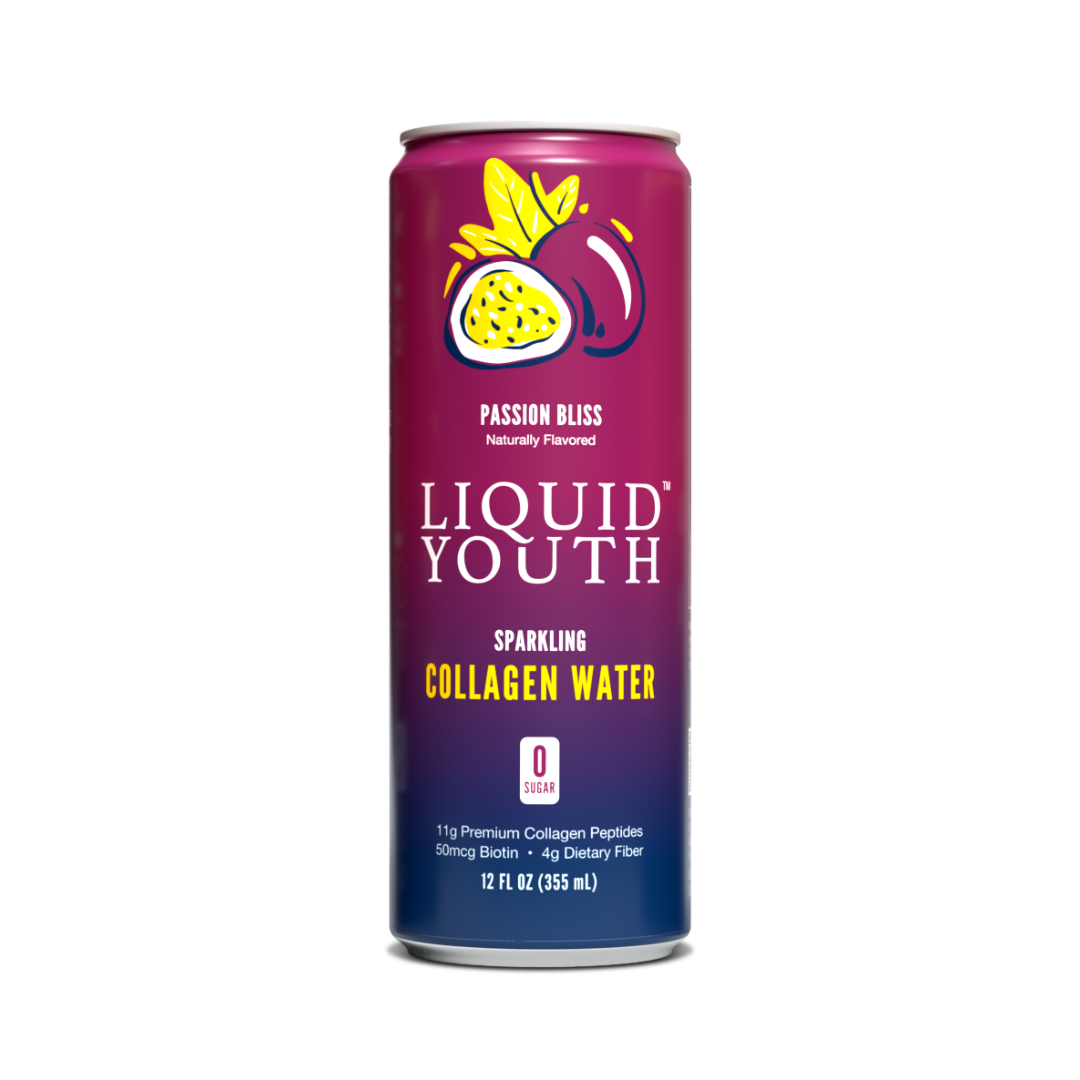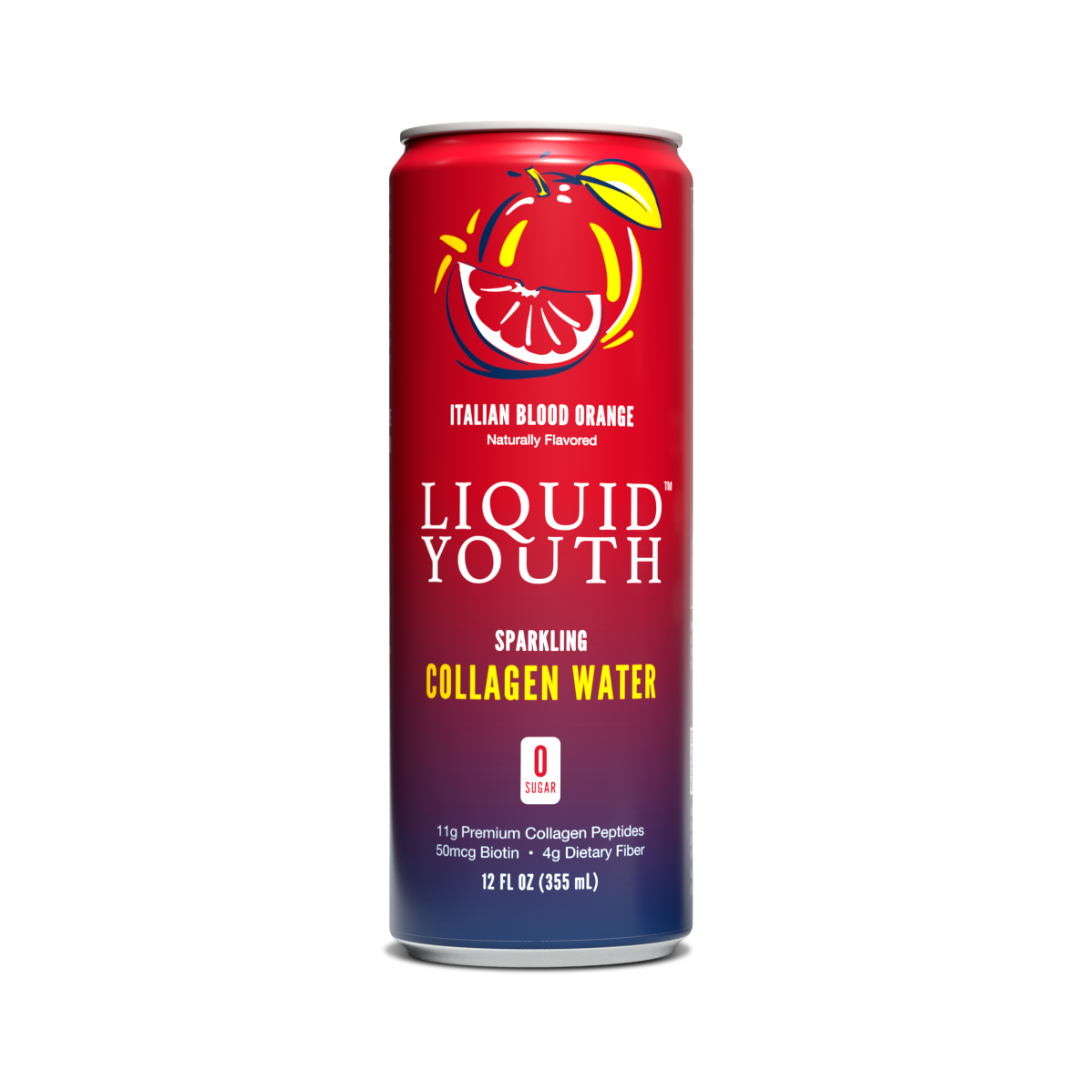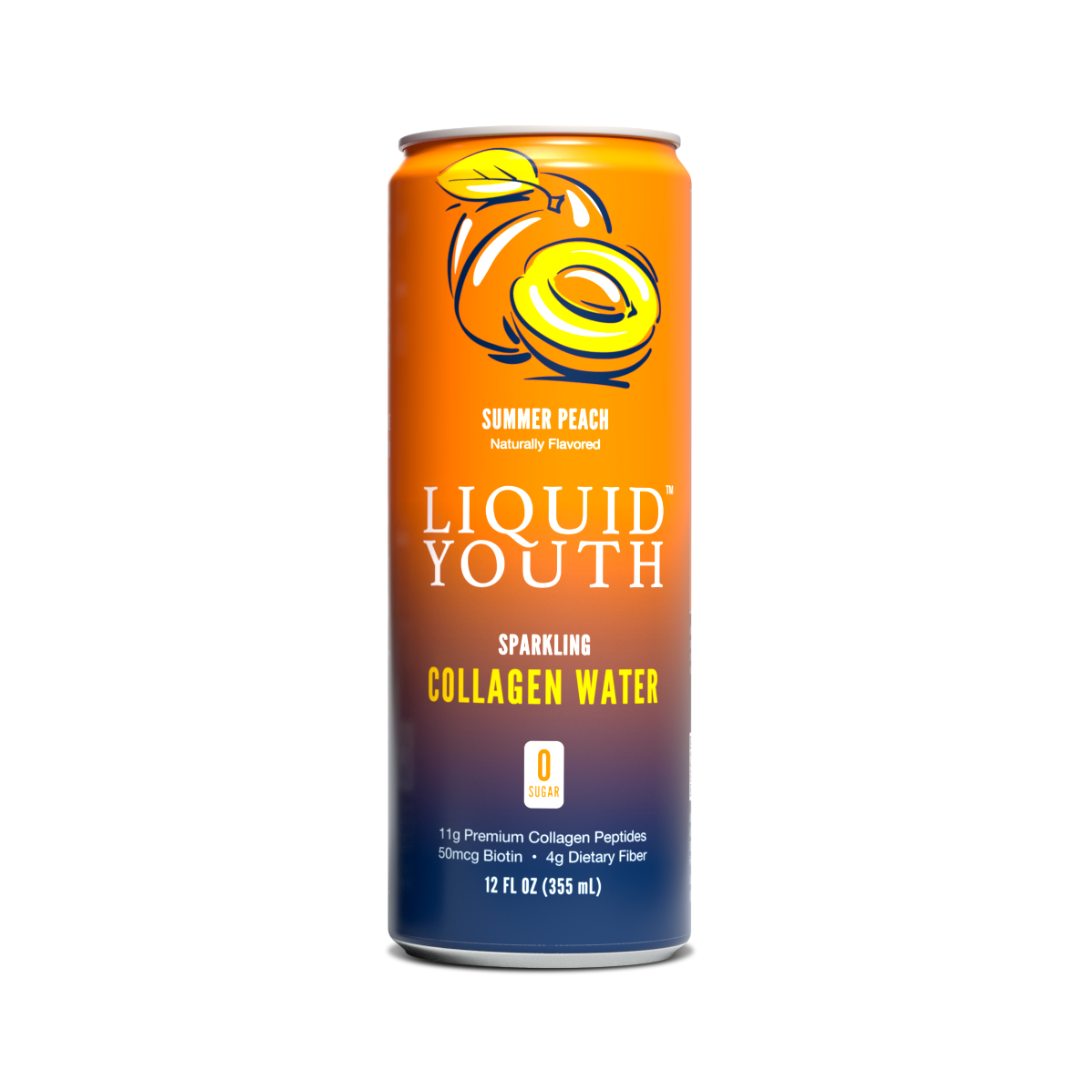Key Summary
-
Collagen may support joint flexibility by helping nourish cartilage, reducing stiffness, and promoting mobility.
-
Alongside collagen, everyday habits such as daily exercise, eating anti-inflammatory foods, and prioritizing recovery—can support long-term joint health.
-
Taking collagen water daily fits neatly into a wellness routine, especially when paired with smart lifestyle habits.
How to Improve Joint Flexibility
Ever notice how your joints feel a bit creaky when you wake up, climb stairs, or try to twist and reach? It’s like your body is saying, “Hey, I haven’t moved enough lately.” Over time, that stiffness can become more frequent, making even simple movements feel like small battles.
That’s why joint flexibility is no trivial thing—it affects how you live, move, and feel in your body. And here’s the thing: collagen, the beauty-favorite protein, might help more than just your skin. In fact, human trials suggest collagen peptides may support joint comfort and range of motion.1,2
Many readers ask how to improve joint flexibility, and one simple habit that can make a difference is incorporating collagen into your routine. Beyond beauty perks, beverages like Liquid Youth Sparkling Collagen Water offer benefits including potential support for cartilage and connective tissues that keep you moving smoothly. It’s worth noting that while most studies focus on collagen peptide powders, collagen water provides the same bioactive peptides in a convenient, hydrating format.
Habit 1: Move Smart — Regular Gentle Motion Matters
You know the old “use it or lose it” saying? It applies to joints big time. Movement is key. Cartilage and connective tissues don’t receive blood flow like muscles do; rather, they rely on fluid exchange driven by joint motion to get nutrients.3 When you gently flex joints through a full range, you help circulate synovial fluid, which supports cartilage health.4
Why it helps: When you flex and extend a joint through its natural range, you encourage synovial fluid flow (the joint’s “lubricant”). That fluid helps nourish cartilage, reducing friction and stiffness.
Easy practices:
-
Do dynamic stretches or joint circles in the morning.
-
Try yoga or Pilates, focusing on mobility.
-
Move throughout the day to keep joints lubricated.
When paired with a collagen drink for joints, movement may help your body use collagen peptides more efficiently. If you’re exploring how to improve joint flexibility, consistent motion plus collagen might be your winning combo.
FUN FACT: When astronauts return from space, they often lose joint range of motion because microgravity deprives joints of loading and fluid movement.
Habit 2: Eat to Support, Not Stress — Anti-Inflammatory Fuel
Your diet can either fan the flames around your joints—or help soothe them. Getting the right nutrients gives your body raw materials to repair and protect.
Key nutrients that may support flexibility:
-
Omega-3s (e.g., EPA/DHA): reduce inflammatory mediators.
-
Vitamin C & vitamin D: necessary cofactors in collagen synthesis and connective-tissue health. 5
-
Antioxidants & polyphenols: protect tissues from oxidative damage.6
-
Protein & amino acids: supply building blocks for repair.
When you add a collagen drink for joints into your routine, you’re offering your body amino acids that may support cartilage and tendon structure. Studies highlight collagen peptides benefits for mobility and recovery—particularly when paired with nutrient-rich foods.
So next time you sip that post-workout collagen water, know that you’re fueling your “internal scaffolding.”
FUN FACT: Vitamin C is the “rung-maker” that lets your body assemble collagen fibers properly!
Habit 3: Build Strength Around the Joints
Strong muscles are like bodyguards for your joints. When your muscles are well-conditioned, they absorb load and reduce stress on cartilage.7
If you’ve wondered how to improve joint flexibility, adding strength training twice a week is a great move. Combine that effort with a collagen drink for joints, and you’re supporting both the muscle and connective tissue components of flexibility. Collagen peptides can complement resistance exercise, offering amino acids that your body uses to rebuild tissue.8
FUN FACT: Women can lose up to 5% of muscle mass per decade after 30—another reason collagen plus strength work makes a dream team.
Habit 4: Recover with Purpose — Rest, Nutrition & Self-Care
Recovery is where most of your gains happen. It’s not just “rest”; it’s the deliberate space you give your tissues to rebuild.
Good recovery habits may support flexibility:
-
Active rest days: walking, gentle mobility, foam rolling.
-
Hydration & sleep: both critical for nutrient transport and tissue repair.
-
Mind-body practices: gentle stretching, breathwork, baths—treat them as love letters to your joints.
-
Listening to cues: If a joint is inflamed or sore, back off volume and prioritize gentle movement.
FUN FACT: Cartilage swells and shrinks through the day, which explains morning stiffness—gentle movement “pumps” nutrients back in!
Collagen & Joint Flexibility: What the Research May Support
-
Hydrolyzed collagen peptides are small enough to appear in circulation and may accumulate in joint tissues, aiding cartilage matrix maintenance.9,10
-
In one landmark randomized trial with athletes, collagen supplementation led to reduced joint pain and improved mobility vs placebo.1
-
In a more recent double-blind crossover in knee osteoarthritis patients, low-molecular-weight collagen improved physical function and quality of life measures.11
Getting Started: When to Start Taking Collagen & How to Use It
If you’re thinking about how to improve joint flexibility, consistency matters most. Taking a collagen drink for joints daily can complement habits like stretching and balanced nutrition.
For busy women, collagen water benefits make it an easy, portable choice—no mixing, no mess, just hydrate and glow. Make it part of your morning ritual or enjoy it post-workout to nourish joints and muscles.
FAQ: People Also Ask
Q: Does collagen actually improve joint flexibility?
A: Yes, collagen peptides may help reduce stiffness and enhance function.
Q: How to improve joint flexibility naturally?
A: Combine movement, hydration, strength training, and a nutrient-rich diet. Don’t forget your daily collagen—it’s a simple way to maintain resilience and grace in motion.
Wrapping It Up
If your joints could talk, they’d thank you for nourishing them with movement, mindful eating, and a refreshing collagen drink for joints. When you understand how to improve joint flexibility, it becomes a journey, not a chore.
From smoother yoga flows to pain-free walks, collagen water benefits can support the body you move in—beautifully and comfortably.
Liquid Youth Key Product Details:
-
11 g of premium grass-fed bovine collagen peptides
-
Supports skin, hair, nails, joints, and gut health
-
Enhances youthfulness from within
-
Available in three vibrant flavors: Passion Bliss, Italian Blood Orange, and Summer Peach
-
Zero sugar, no artificial sweeteners or preservatives
-
Contains 4 g of dietary fiber and 50 mcg of biotin.
References
1 Clark, K. L. et al. 24-Week study on the use of collagen hydrolysate as a dietary supplement in athletes with activity-related joint pain. Curr Med Res Opin 24, 1485-1496 (2008). https://doi.org/10.1185/030079908x291967
2 Bello, A. E. & Oesser, S. Collagen hydrolysate for the treatment of osteoarthritis and other joint disorders: a review of the literature. Current Medical Research and Opinion 22, 2221-2232 (2006). https://doi.org/10.1185/030079906X148373
3 Hunter, D. J., Schofield, D. & Callander, E. The individual and socioeconomic impact of osteoarthritis. Nat Rev Rheumatol 10, 437-441 (2014). https://doi.org/10.1038/nrrheum.2014.44
4 Mow, V. C., Holmes, M. H. & Lai, W. M. Fluid transport and mechanical properties of articular cartilage: a review. J Biomech 17, 377-394 (1984). https://doi.org/10.1016/0021-9290(84)90031-9
5 Pullar, J. M., Carr, A. C. & Vissers, M. C. M. The Roles of Vitamin C in Skin Health. Nutrients 9 (2017).
6 Henrotin, Y., Mobasheri, A. & Marty, M. Is there any scientific evidence for the use of glucosamine in the management of human osteoarthritis? Arthritis Res Ther 14, 201 (2012). https://doi.org/10.1186/ar3657
7 McGill, S. Core Training: Evidence Translating to Better Performance and Injury Prevention. Strength & Conditioning Journal 32 (2010).
8 Zdzieblik, D., Oesser, S., Baumstark, M. W., Gollhofer, A. & König, D. Collagen Peptide Supplementation in Combination With Resistance Training Improves Body Composition and Increases Muscle Strength in Elderly Sarcopenic Men: A Randomised Controlled Trial. British Journal of Nutrition (2015). https://doi.org/10.1017/s0007114515002810
9 Yazaki, M. et al. Oral Ingestion of Collagen Hydrolysate Leads to the Transportation of Highly Concentrated Gly-Pro-Hyp and Its Hydrolyzed Form of Pro-Hyp into the Bloodstream and Skin. J Agric Food Chem 65, 2315-2322 (2017). https://doi.org/10.1021/acs.jafc.6b05679
10 Martínez-Puig, D., Costa-Larrión, E., Rubio-Rodríguez, N. & Gálvez-Martín, P. Collagen Supplementation for Joint Health: The Link between Composition and Scientific Knowledge. Nutrients 15 (2023). https://doi.org/10.3390/nu15061332
11 Park, S. Y. et al. Efficacy and safety of low-molecular-weight collagen peptides in knee osteoarthritis: a randomized, double-blind, placebo-controlled trial. Front Nutr 12, 1644899 (2025). https://doi.org/10.3389/fnut.2025.1644899





















